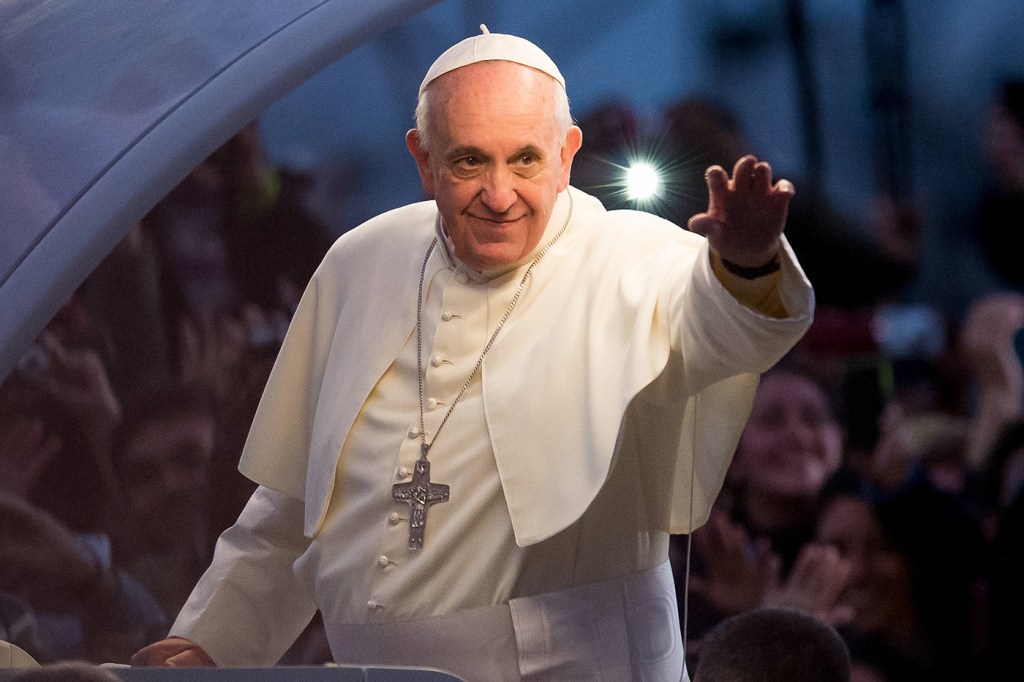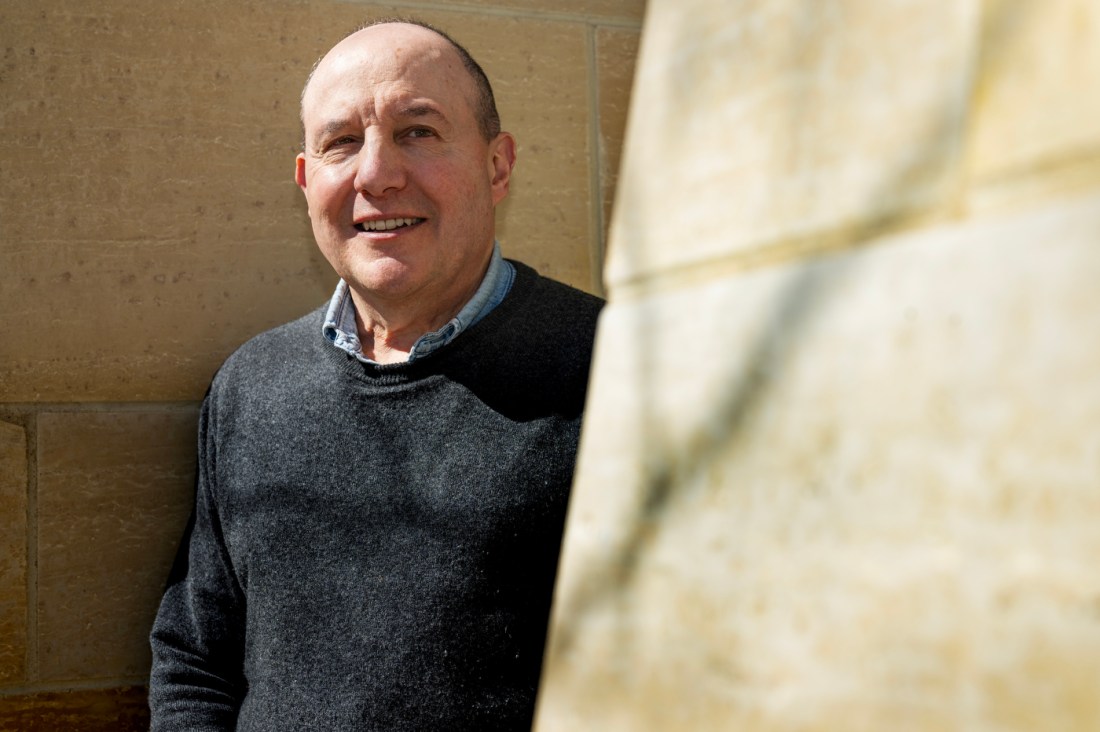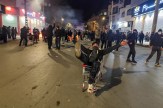Pope Francis’ new memoir doubles down on his more controversial stances, Northeastern experts say
In “Hope: An Autobiography,” Pope Francis solidifies his legacy.

On Jan. 14, Pope Francis joined the ranks of public figures publishing memoirs. “Hope: The Autobiography” touches upon Francis’ life, upbringing and time in the papacy, and is one of the first memoirs published by a living pope.
The publication of the book is a politically savvy one, Northeastern University experts say, allowing the pope to have the final word on different issues he’s faced over the course of his time as leader of the Catholic Church.
“It is not uncommon for religious leaders to write accounts of their lives,” says Deborah Walker, an assistant professor in creative writing who specializes in creative nonfiction. “But Francis is a 21st-century pope and knows how to leverage exposure.”
The pope used his memoir to not only recap his life, but also reinforce his stances on certain issues, including controversial ones like pushing back on financial misconduct and allowing the blessing of gay people.
In doing so, he is solidifying his legacy by using his memoir to double down on the positions he’s publicly taken since being elected in 2013, says Peter Mancusi, a Northeastern associate teaching professor of journalism and crisis manager.

Francis has been seen as a more progressive pope who has shifted focus away from issues like birth control and abortion. He has instead denounced laws criminalizing homosexuality and promoted environmentalism and reform in the church.
“He’s reminding people of his values and what he thinks is important and he’s signaling to younger people we (the church) are moving in the right direction,” Mancusi says. “I think that he is trying … to lay down a marker of what’s important, and what’s important to him is very clear from reading the memoir.”
But many recaps of the book note that Francis fails to spend much time on one of the biggest issues to plague the modern Catholic Church, the priest sex abuse coverup.

The church’s coverup of priests accused of abuse received widespread attention after the Boston Globe’s investigation in 2002.
Editor’s Picks
Since then, more and more cases have become public, with investigations showing hundreds of thousands of victims over the course of decades. It tainted many people’s views of the Catholic Church. In fact, a Pew study from 2019 showed that the majority of American adults considered it to be an ongoing problem.
“He doesn’t really address it, but he sort of gives a statement that says victims must know that the pope is on their side,” Mancusi says. “And on this he will not take even one step back. That’s a good statement … but it’s a statement. Until you’ve done enough where people can start talking about something else, then the default criticism of the Catholic Church now is still clergy sex abuse.”
Ultimately, Mancusi says, the pope may have “moved the needle” a bit on the perception of the church and this memoir will only help with that. But it can only do so much to address the larger reputation issues with the church.
“There’s still a widespread perception out there that the church has not been transparent in addressing clergy sex abuse,” Mancusi says. “We’re more than two decades down the road now and the cases are still coming.
“The clergy sex abuse has been so overwhelming in so many parts of the Catholic Church in so many countries that a lot of what (Pope Francis) has done, while very good, is drowned out.”











